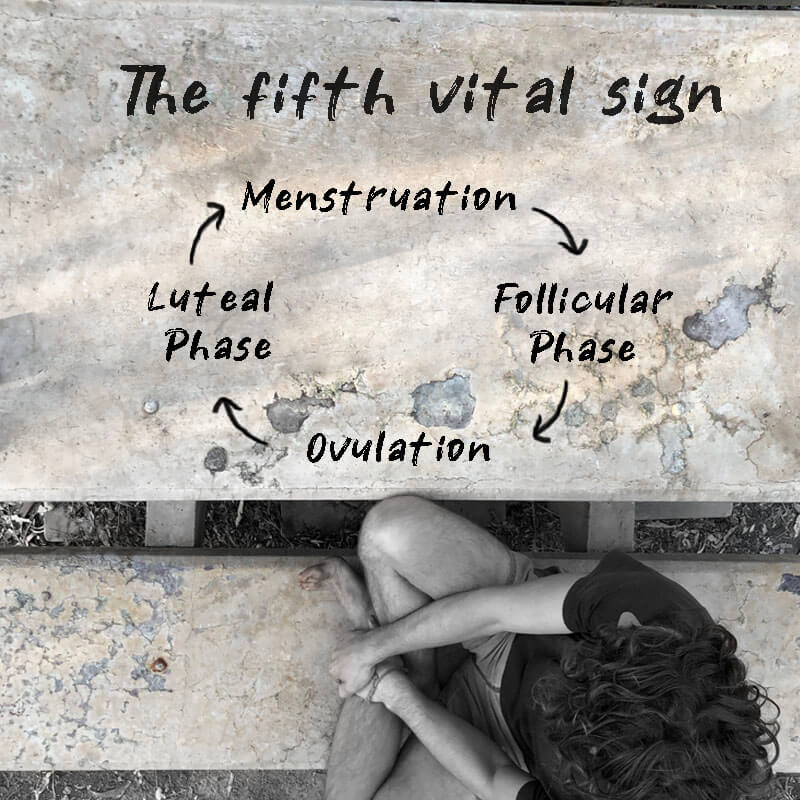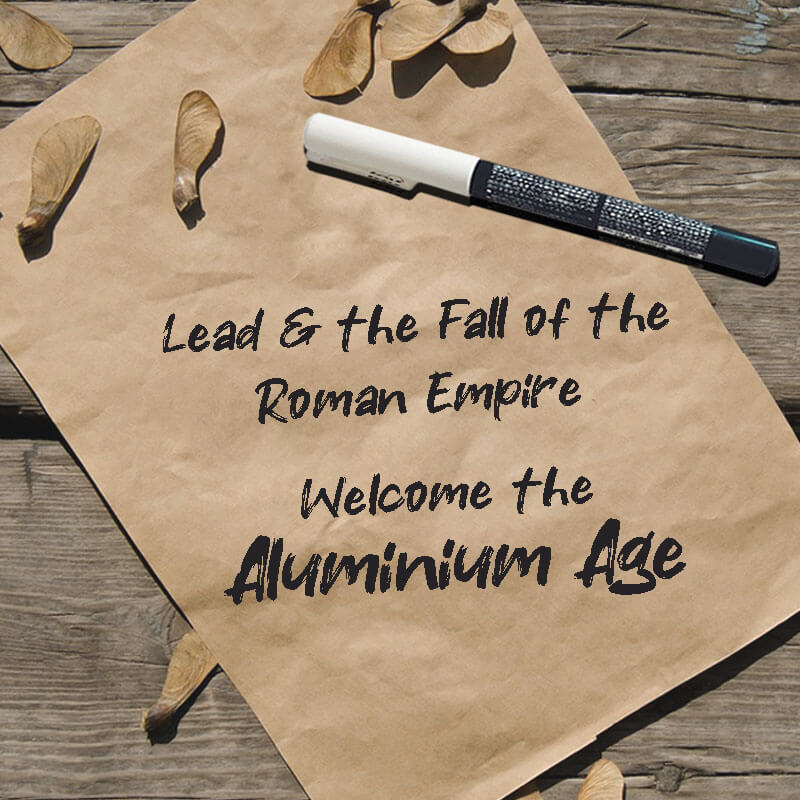
In May 2013, Haiti made a bold move when it burned 460 tonnes of genetically modified seeds that had been donated by Monsanto, a US-based agricultural company. The seeds were intended to help rebuild Haiti’s agriculture sector after the devastating earthquake in 2010, but the Haitian government, along with a number of civil society organisations and peasant farmer groups, recognised the potential dangers of these seeds to human health and the environment. A developing country in extreme crisis recognising the donated seed would only lead to further crisis. Do the Haitians know something we don’t or are we simply failing to act upon important health and environmental issues?
Genetically modified organisms (GMOs) have been the subject of intense debate and controversy for years. Opponents, like myself, argue that the use of GMOs poses serious risks to both human health and the environment.
The Haitians made a bold statement burning 460 tonnes of genetically modified seeds that had been donated by Monsanto – acquired by Bayer.
I work as an outdoor educator, when I think back to my and my friends schooling there is an obvious and marked increase in the number of students presenting with life threatening allergies, particularly nut allergies. One of the most concerning issues regarding GMOs is the potential harm they can cause to human health. Studies have shown that GMOs can lead to allergic reactions, antibiotic resistance, and other health problems. In addition, the use of GMOs can have devastating effects on biodiversity and ecosystem health, as well as soil and water quality.
Furthermore, the use of genetically modified seeds can have a negative impact on traditional agriculture practices. Peasant farmer groups, like those in Haiti, argue that the use of genetically modified seeds could undermine traditional agriculture practices, which are based on local seed varieties that have been adapted to local growing conditions over centuries. These groups also fear that genetically modified seeds could lead to increased dependence on foreign companies and seed providers, which could have negative economic and social impacts. A current issue that continues to plague the Indian agriculture industry.

Despite the potential dangers and risks of GMOs, they continue to be used in agriculture around the world, with some countries growing crops almost entirely from genetically modified seeds. However, the debate over GMOs is far from over, and it is vital that we take action to protect human health and the environment by avoiding the use of these dangerous and untested products.
The decision made by the Haitian government to burn the genetically modified seeds donated by Monsanto was a necessary step to protect the country’s traditional agriculture practices, the health of its citizens, and the environment. As consumers, it is our responsibility to demand that companies and governments alike prioritise human health and the environment, and to reject the use of dangerous and untested GMOs.

Nils Strohbeck
Connect
A Perfect Coup: Pharmaceutical Industry’s Hold on Healthcare
A dive into industry's extensive influence
Lead and the Fall of the Roman Empire: Welcome the ‘Aluminium Age’
How Aluminium is Affecting Our Health









